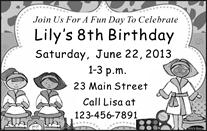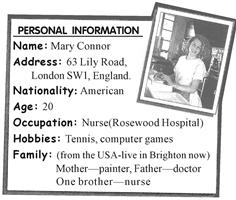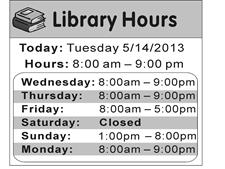
科目: 來(lái)源: 題型:閱讀理解
查看答案和解析>>
科目: 來(lái)源: 題型:閱讀理解
查看答案和解析>>
科目: 來(lái)源: 題型:閱讀理解
查看答案和解析>>
科目: 來(lái)源: 題型:閱讀理解
查看答案和解析>>
科目: 來(lái)源: 題型:閱讀理解





查看答案和解析>>
科目: 來(lái)源: 題型:閱讀理解
查看答案和解析>>
科目: 來(lái)源: 題型:閱讀理解
查看答案和解析>>
科目: 來(lái)源: 題型:閱讀理解
| Year | Director | Host and hostess | Show number |
| 2009 | Lang Kun | Zhu Jun; Zhou Tao; Dong Qing; Bai Yansong; Zhang Zequn; Zhu Xun | 35 |
| 2010 | Jin Yue | Zhu Jun; Zhou Tao Dong Qing; Zhang Zequn; Ouyang Xiadan; Ren Luyu | 40 |
| 2011 | Chen Linchun; Ma Long; Liu Gang | Zhu Jun; Zhou Tao; Li Yong; Dong Qing; Zhang Zequn; Zhu Xun | 29 |
| 2012 | Ha Wen | Zhu Jun; Li Yong; Dong Qing; Sa Beining; Li Sisi; Bi Fujian | 39 |
查看答案和解析>>
科目: 來(lái)源: 題型:閱讀理解
查看答案和解析>>
百度致信 - 練習(xí)冊(cè)列表 - 試題列表
湖北省互聯(lián)網(wǎng)違法和不良信息舉報(bào)平臺(tái) | 網(wǎng)上有害信息舉報(bào)專區(qū) | 電信詐騙舉報(bào)專區(qū) | 涉歷史虛無(wú)主義有害信息舉報(bào)專區(qū) | 涉企侵權(quán)舉報(bào)專區(qū)
違法和不良信息舉報(bào)電話:027-86699610 舉報(bào)郵箱:58377363@163.com